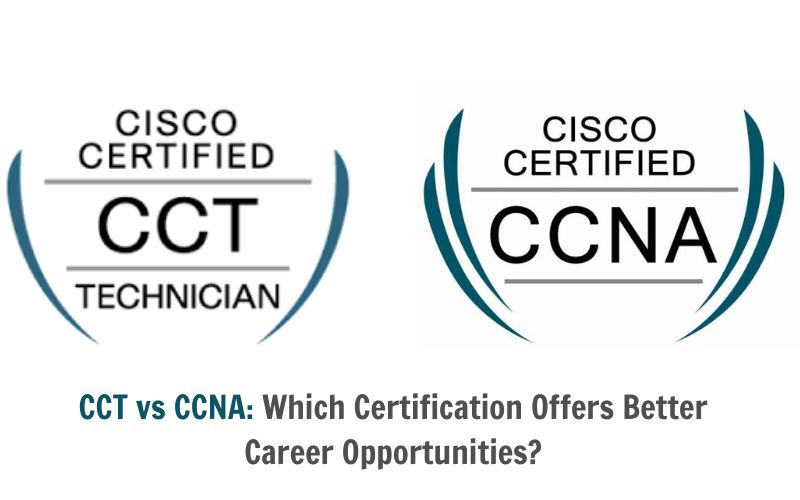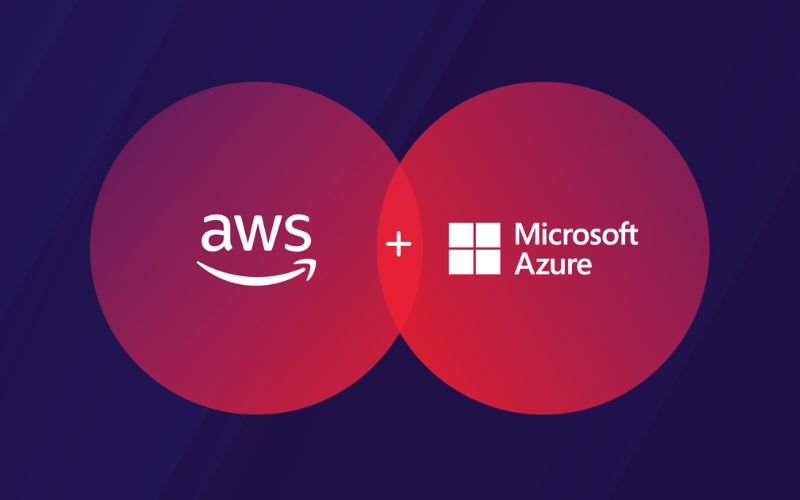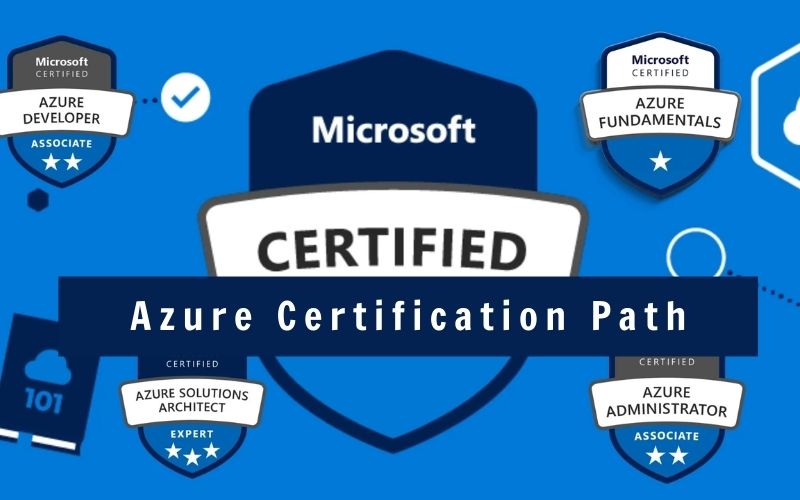In this guide, IT-Exams.Net provides a comprehensive comparison of PMP vs Scrum project management methodologies. It highlights the key differences, advantages, and disadvantages of each approach to help you choose the right methodology for your project. Whether you’re working on a large, complex project or a smaller project with rapidly changing requirements, this guide will provide you with the information you need to make an informed decision.
What Is PMP?

The Project Management Professional (PMP) credential is a globally recognized professional designation offered by the Project Management Institute (PMI).
The PMP certification is built on the Project Management Body of Knowledge (PMBOK). The whole collection of techniques, recommended actions, lingo, and guiding concepts have become accepted as benchmarks in the project management sector.
Regardless of the business, the PMP is the industry standard for project management and will assist you in managing all sorts of projects. Your capacity to oversee projects and project teams is confirmed. The PMP certification attests to your possession of the precise skills and knowledge required by enterprises.
To obtain the PMP certification, you must first pass the PMP test, which will assess you in five areas: initiating, planning, executing, monitoring and controlling, and closing. Challenge yourself with the fun and effective PMP practice test here!
To be eligible for PMP certification, you must meet the following requirements:

In order to renew your PMP certification at the end of each three-year cycle, you must have amassed 60 Professional Development Units (PDUs).
What Is Scrum?

Project managers have been paying close attention to Scrum recently. It offers an adaptable framework for completing significant tasks. Although it was initially intended for software development projects, it is now frequently used for intricate, innovative projects in fields other than software development.
Agile development methodologies encourage a strict project management procedure with frequent review and modification. The techniques are based on Agile procedures as Scrum is a subset of Agile. It helps teams to create valuable products gradually and frequently while continually evaluating and improving the process.
Scrum has two main certifications: Professional Scrum Master (PSM) from Scrum.org and Certified ScrumMaster (CSM) from Scrum Alliance.
You may learn more about the Scrum framework, team roles, events, and artifacts with the help of a CSM certification. It will get you ready for the arrival of a brand-new normal.
Read more > > PGMP vs PMP: Examining the Requirements, Benefits, and Career Prospects
PMP vs Scrum: How Are They Different?
Prerequisites
For PMP:
Candidates must have required educational degrees as well as relevant project management experience. Most importantly, candidates must have completed the requisite project management experience within the past eight years before enrolling for the exam. The following are the eligibility requirements for the PMP certification exam:
- A four-year degree
- 36 months leading projects
- 35 hours of project management education/training or CAPM Certification
or: - A high school diploma or an associate’s degree (or global equivalent)
- 60 months leading projects
- 35 hours of project management education/training or CAPM Certification
For CSM (Scrum):
It is advised to enter this field only if you have a knack for project management and want to learn more.
A candidate must either complete a two-day (16-hour) course taught by a Certified Scrum Trainer, or CAC, or get one-on-one coaching from a CAC. Get 14 hours of online training, 16 hours of in-person training, or 25 hours of CAC involvement.
Study time
You will need 1 to 3 months (or potentially longer depending on your daily commitment) to absorb all material from the PMBOK and related resources to successfully complete the PMP certification. Passing the PMP exam is incredibly challenging, and you must be well-prepared.
The CSM certification will take you only three days to accomplish. When applying for CSM, you must attend a two-day training led by a certified Scrum alliance coach to grasp the agile values and Scrum framework. After these two days, you will be allowed to take the CSM test. It will only take one extra day to assimilate the knowledge offered throughout the classes in order to prepare for the test.
While CSM might take about three days, PMP can take up to three months.
Exam
The Scrum Master and PMP tests differ primarily in three ways: content, focus, question weighting, and testing time. Let’s take a closer look at each one:
The Scrum Master test focuses on the Scrum framework, whereas the PMP exam focuses on the project management process.
The Scrum Master certification focuses on applying Scrum in a project, whereas the PMP exam focuses on project management utilizing a variety of tools and methodologies.
The Scrum Master exam has more product backlog management and sprint planning questions than the PMP exam. The PMP exam has more questions about earned value management and quality management than the Scrum Master test.
You must complete 200 PMP questions in 4 hours and 35 CSM questions in 1 hour
Some other key differences are:

Execution:
Scrum Masters adhere to Scrum principles and promote the Scrum framework. Project managers, on the other hand, may tailor their strategy, which can range from waterfall to adaptive.
A Scrum Master is often employed in IT or a related industry, but a Project Manager can work on any project.
Neither of these roles has final authority over product specifications. A Scrum Master helps a Product Owner manage the product backlog, whereas a Project Manager solicits feedback from customers or other stakeholders, such as management or interested parties, in order to complete the project.
Team Size:
A Scrum Master works effectively with smaller Scrum teams of three to nine people. They are held responsible for the success of their small scrum team.
In contrast, a Project Manager oversees a bigger project team. The Program Manager, for instance, may be responsible for many project teams. As a result, unlike the Scrum Master, the Project Manager is responsible for the overall success of several project teams.
Team Collaboration:
Scrum Masters enable sprint cadences such as Sprint Planning, Backlog refinement, Sprint Review, and Sprint Retro. Scrum Master also instructs the team on Scrum.
While the Project Manager establishes a meeting calendar and a communication strategy and is in charge of most project-related meetings. The Project Manager may also develop a work schedule and assign tasks to team members.
Budget: In certain circumstances, Project Managers are responsible for developing and managing the project budget. Scrum masters, on the other hand, are responsible for maximizing product value based on user stories with the support of the Product Owner.
PMBOK Model vs Scrum Framework

The Project Management Body of Knowledge (PMBOK) is a document that describes the Project Management Institute’s language, methodologies, best practices, and recommendations. Budgeting, financial forecasting, project phases, process groups, and a variety of other issues are covered. The PMBOK content is relevant to every project in any industry.
Scrum is an Agile methodology framework inspired by the same-named rugby activity. This framework is built on a Sprint, which is a short period of time (usually one to four weeks) during which team members create a demonstrable and usable product.
These terms and actions are not interchangeable. Scrum has well-defined steps to follow, whereas PMBOK is much broader. As a result, Scrum is becoming more popular in certain fields such as software development and engineering. It is also more extensively used in certain countries, whereas others prefer PMBOK’s broader approach.
Which Is Better For A Beginner PMP Or Scrum?
If you are a newcomer, you are unlikely to achieve the PMP requirements. Scrum Master, on the other hand, has no educational prerequisites.
Obtaining a certification, however, does not guarantee you a position as a Scrum Master. To be a good Scrum Master, you must first understand how software is generated (from planning to delivery), then you must have some people skills, be able to help and coach, have some project management experience/understanding, and so on.
It might be challenging to find a Scrum Master position “right out of college.”
That being said, you can simulate many parts of being a ScrumMaster without really being one.
Listening, team accountability, understanding and aiding others in understanding agility, advocating for self-organization, and so on are all tasks that a team member may accomplish without the title of Scrum Master. This is something a candidate might bring up in an interview for their first Scrum Master in-title position.
Once you’ve fulfilled the requirements, seek a PMP to expand your knowledge and skill set and land a better-paying job.
Can You Take Both PMP And Scrum?

Yes, and this is often the case.
The Scrum Master and the Project Manager both recognize the importance of quality and dedication. The traditional Project Manager position, particularly in IT, is no longer available. However, in order to be compatible with modern execution approaches, PMI has significantly changed its framework to include Agile as a primary value in project execution.
The PMP is still the best project management certification accessible because of its stringent application and passing requirements.
Getting a Scrum Master certification on top of the PMP is like icing on the cake. Each certification is intended for a certain type of project. It will increase the number of job opportunities.
Read more > > Is PMP Certification Worth It?
Job Roles After PMP And Scrum
The Scrum Master and PMP certifications can help you get a better career. Acquiring these certifications demonstrates a person’s willingness to learn new things and keep up with improvements in the Scrum and Project Management domains.
Scrum Masters frequently become instructors, mentors, product owners, and managers, or stay on as Scrum Masters in more difficult situations.
Some of the positions you may apply for after earning your PMP are:
- Associate/Assistant Project Managers Team Leaders/Managers
- Project Managers/Engineers
- Software Engineers
- Managers of Technical Projects
- Manager of Project Delivery
- Analyst for Business
FAQs

Is Scrum Master a good career?
Yes, there is a huge demand for scrum masters. Scrum Masters play a significant role in the overall success of an organization. They are required by organizations to help establish a high-performing team dynamic, a continuous flow, and exponential improvement in processes.
What is the salary range of a Scrum Master in India?
In India, the average remuneration for a Scrum Master is Rs. 1,400,000 per year.
What does a Scrum Master do?
What are the benefits of a PMP Certification?
What are the skills required by a project manager?
Final Words
Choosing between PMP vs Scrum depends on your project’s needs and requirements. If you’re working on a large, complex project with many stakeholders, PMP may be the better choice. If you’re working on a project with rapidly changing requirements or short timelines, Scrum may be the better choice. Ultimately, the decision should be based on your organization’s culture, project goals, and available resources. By understanding the key differences, advantages, and disadvantages of each methodology, you can make an informed decision and choose the right approach for your project.



